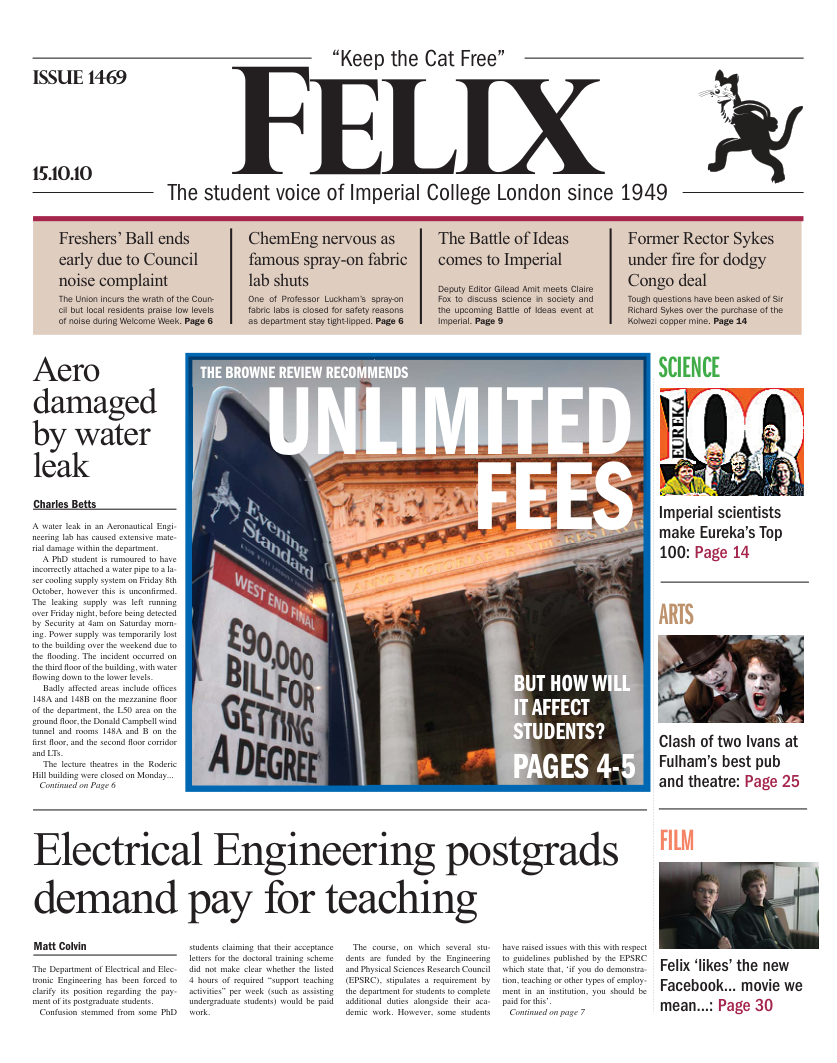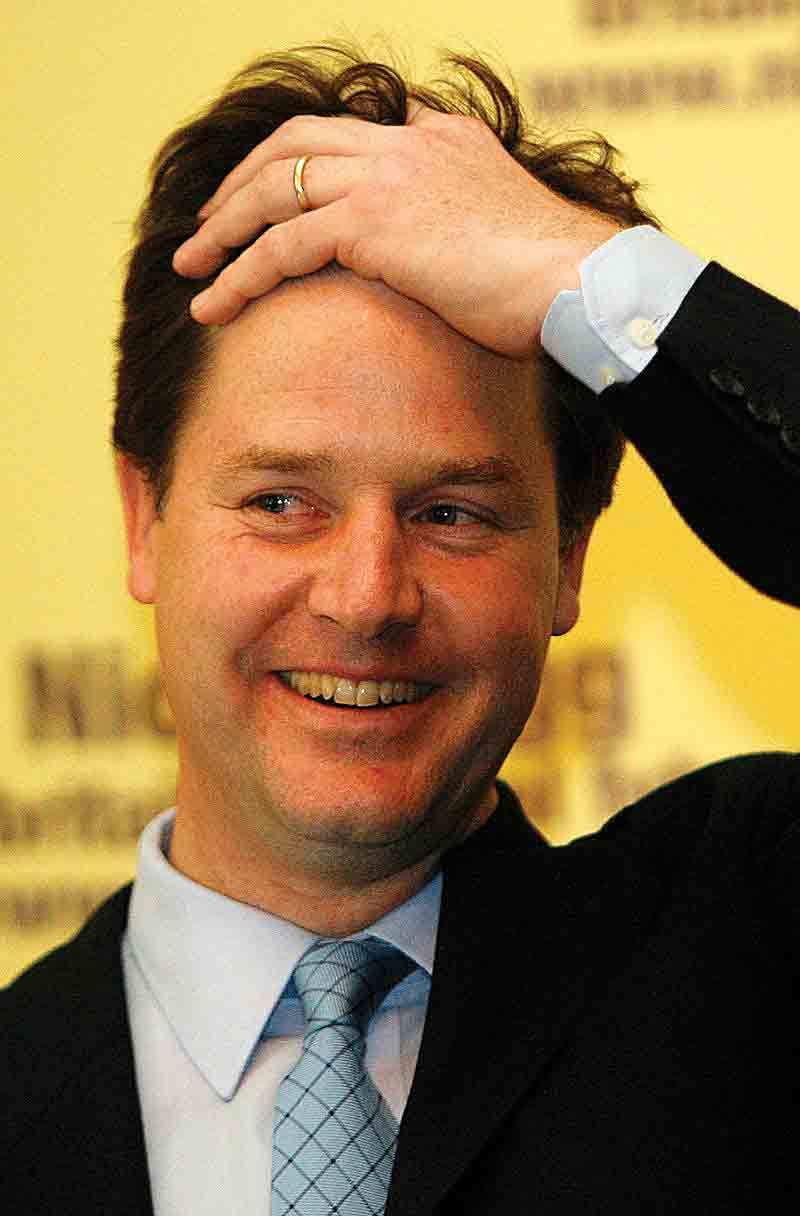There’s a desperate need for extra money for universities
British universities have long been under-funded, will Browne's proposals change this?
University funding reform has been a long time coming; the principle of free education for all, long a mainstay of British political thought, had to be abandoned in 1998 following a review by Lord Dearing. Public funding had for many years failed to keep pace with increasing student numbers: between 1989 and this first introduction of fees, funding per student fell by 36%.
The initial 'top-up' fee of £1000 per year was increased, in 2006, to £3000 (subsequently increasing in line with inflation). This is roughly half the cost of the average university degree; though it only covers a third of the average degree at Imperial. The remainder of the course cost is – theoretically – made up by the government. However, despite higher fees bringing in an additional £1.3bn, average spending per student is still lower than it was in 1992.
As such, British universities remain heavily underfunded; we spend 1.3% of our total GDP on university education, compared with an OECD average of 1.5%. Given British universities' high quality of education and research compared to our better funded European counterparts, it seems unlikely that 'efficiency-drives' are the key to saving this particular government subsidised industry.
This financial difficulty has resulted in many institutions going into the red; 38 out of 142 universities in England and Wales produced a deficit in the academic year ending 2009; a further increase from the 27 in the previous year. While this shows over 70% of universities had a small surplus (Imperial with a relatively high £14m, or about 2% of its operating budget), in general it doesnít mean they are actually coping; universities across the country are closing departments, with other similarly desperate measures being taken. This year one of the best philosophy courses in the English speaking world was closed at Middlesex University because it didnít generate enough profit.
You will no doubt have read in last week's front page article about the controversial and contested Life Sciences restructuring at Imperial, an attempt to eliminate the department's deficit; this is not the only measure the university has taken to balance the books. The university charges twice as much as it needs to for international students, in order to cover the cost of Brits and Europeans. Certain departmental courses are also heavily oversubscribed, sometimes to the extent that there are more students than seats in lecture halls; this may have contributed to keeping the university in surplus.
Universities are not only centres for education; they are also home to the nation's publically funded research and development. These financial problems will therefore have a profound effect, not only on the quality of education available, but on the quantity of world class research taking place in Britain; both are vital to the long term prospects of any economy.
With this desperate financial situation, change to the system is needed; the question is whether or not Browne's proposals point in the right direction.







